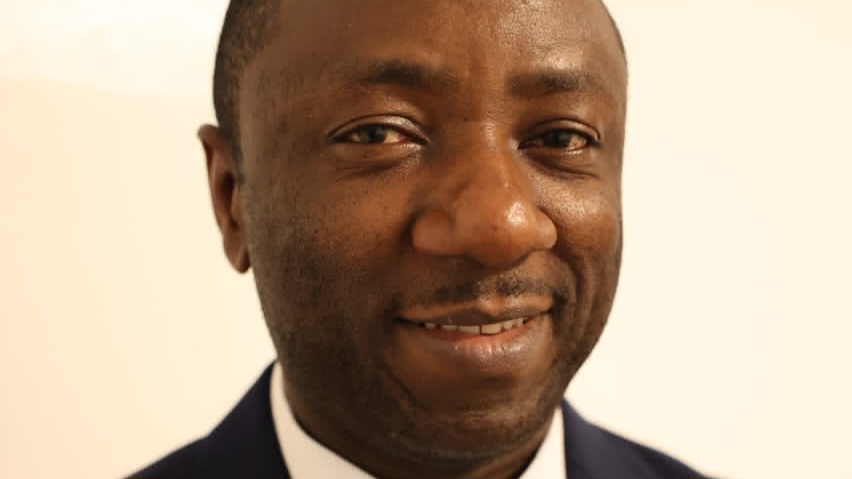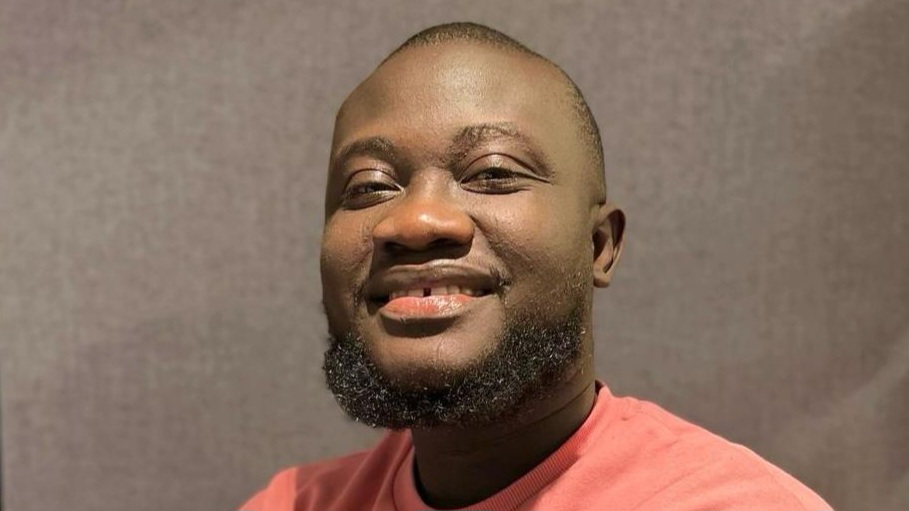 Solomon King is the Founding General Partner, Chief Executive at Brass & Books Financial Service Ltd, a Private Finance and Structured Services group. A consummate Finance Professional with strong Private Equity and Alternative Investments bias. He is a Chartered Global Investment Analyst (CGIA), a Certified Banking and Credit Analyst (CBCA), a PhD Scholar in Financial Accounting and a DBA candidate in Finance. In this interview, King, speaks on the turnaround of the group, competition in the industry, and the outlook of Brass and Books.
Solomon King is the Founding General Partner, Chief Executive at Brass & Books Financial Service Ltd, a Private Finance and Structured Services group. A consummate Finance Professional with strong Private Equity and Alternative Investments bias. He is a Chartered Global Investment Analyst (CGIA), a Certified Banking and Credit Analyst (CBCA), a PhD Scholar in Financial Accounting and a DBA candidate in Finance. In this interview, King, speaks on the turnaround of the group, competition in the industry, and the outlook of Brass and Books.
Why did you venture in private business?
I had always wanted to be a consultant and help businesses solve problems. I started to provide such services to diverse businesses as far back as my second year in the university. Even when I took up jobs, first as a salesperson for an eye clinic or as a script writer for a media company or eventually as a retail banker with the big multinational bank where I worked, I was always working with that thinking. When I left banking, I knew that I was going to build a similar organisation that helped people solve money problems.
Can you take us down the landmark achievements and challenges you have had as an organisation over these 10yrs? And how you overcame them?
Firstly, the courage to start was my first issue. I lacked it. I was concerned about failing. I didn’t want to fail publicly. I wanted to just live my life privately, be a great consultant to businesses without the hassle of really building a big business. I was however concerned on the one hand about many people being duped and stolen from and how the finance industry was been given a bad name by upstarts. I thought we could tell a different story. So, we took a plunge, with a focus on integrity, knowledge and service. Another issue we had as we went along was getting a banking software that was affordable yet efficient, to help us curtail pilfers and undue losses. We tried a few of them over the years, but as we grew, we have been able to invest in and develop in-house solutions that meet our needs.
This is an on-going process though. We have at several instances dealt with staff issues and the perception concerns of being a “credit union” in a market dominated by banks, asset management firms and insurance companies. We have however stood our grounds, doing good business for a decade across different cities.
What has been the organisation’s contributions to the Nigerian economy?
Brass & Books’ impact is heavily felt throughout the economic value chain of our operating communities. Firstly, we are heavy on financial inclusion, helping rural and semi-urban communities participate in the financial markets, through our savings mobilisation which helps them keep records and save to grow their businesses. We are also very heavily committed to the financial literacy of our communities.
We continue to organise financial wellness workshops in several communities, business and work groups and civil engagements. We have had over 900 of such sessions in these 10years. Our quick bridge finance facilities provide access to credit that are otherwise unavailable at the big commercial banks to these small players.
Some of these loans are even interest-free with very flexible timelines. We have also championed the cause of legitimate, yet lucrative investment opportunities which provides stable passive income for our client-members. Our business continues to be a major source of growth within the financial sector and therefore the macroeconomic significance.
Each client-member is responsible for a household of an average of 4 persons. With a total client-member base of over 5000 in the last decade, this can thus be summed up in jobs we help create, businesses we help sustain, or mouths we help feed off up to 20,000 people across 80 communities in four states of the country. We have transformed the social and economic status of several members, enabling them to advance from the underprivileged class to the home owners, children tuitions paid without stress, facilitate international travels etc., by providing affordable terms and conditions for access to finance through a wide range of programmes, products and services.
Where do you see this group of companies in 10 years?
We have begun the process of acquisitions of complementary businesses and we would consummate two of them before the end of the first half of the year. As the years go on, we would continue to strengthen our structures and expand our service offerings and locations to serve more people across Africa and globally. We are painstakingly working quietly to build a brand that would be globally recognized for integrity, service and love for financial wellness of everyone.
What advice do you have for budding business people or struggling entrepreneurs?
I’d tell my colleagues to stand strong, keep up the faith and keep educating their purposes, passions and structures. Knowledge is very underrated, but it is a very essential element in business. The more you know, the better you do. Entrepreneurs also need to commit to ethics and good business practices. Integrity and trust are principal elements in business that would keep a business longer than schemes and gimmicks. Also, it is a tough world out there, so you must be ready to fight for your share of the market. Profit is a good yardstick for success, but it isn’t all there is to a business. Societal impact, economic development and your contribution to the overall wellbeing of our nation, through your business, should be an issue you should be heavy on. Finally, success takes time. Good success takes a lot of patience; ‘a lot’ being the very key phrase here.








